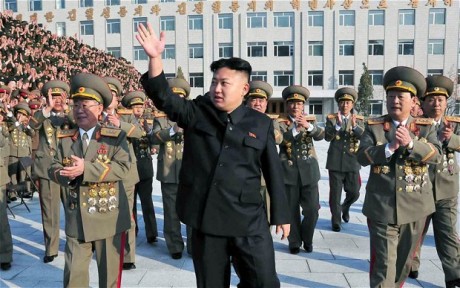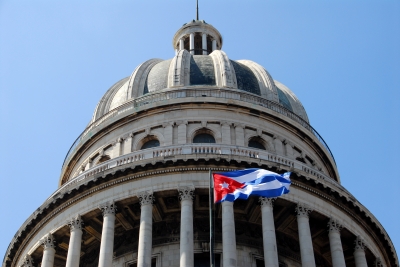The price of oil has continued to fall in recent weeks, and is expected to stay low for a significant period of time. The current plunge in pricing may be attributed to an oversaturated global crude oil market. Strong production amongst the Organization of the Petroleum Exporting Countries (OPEC) members accompanied by a sharp increase in North American shale gas extraction has created an abundance of global oil supply, which is not currently being met by global demand. The most recent price plunge came in response to Goldman Sachs bearish January 2015 oil report, which predicted prices would fall further to $39 a barrel in six months time. This represents a price decline of over 55% since oil’s $107 per barrel high last June, and is the lowest price level seen since the depths of the 2009 recession.
This past December Saudi Oil Minister, Ali al-Naimi, announced OPEC would not consider decreasing their current production levels and would maintain production even if crude prices reached $20 per barrel. The low extraction, production and refinement costs OPEC members incur allow them to remain profitable despite declining crude value. It is a different scenario for non-OPEC countries that experience larger overhead expenses, and have been forced to curtail investment and shut down many oil extraction projects as a result of the price slide.
The scenario may worsen within non-OPEC countries, as high production costs and low profits have already forced major corporations to experience mass layoffs. Workforce restructuring can negatively affect local economies and inevitably cause a ripple effect throughout surrounding economies. Industries such as hotels, housing and restaurants would be impacted, and even regional banks would suffer due to a rise in loan defaults.
Analysts have assessed the impact the oil price slide will have upon Canadian economies such as Alberta’s. The Conference Board of Canada anticipates Canadian economies will experience a contraction in 2015, as depreciating oil prices negatively influence corporate investment, hiring and consumer spending patterns. Conference Board of Canada economist Daniel Fields states Alberta, “is certain to suffer, especially on the employment front, from the drop in oil prices — and it is likely to slip into recession.” Throughout the course of Alberta’s previous recession, the province lost 30,000 jobs and the housing market took a substantial blow.
Bank of Canada Governor Timothy Lane advises, “Consumers, exporters and energy-intensive manufacturers stand to gain from lower oil prices,” however he maintains that the gains will be reversed as a result of lower incomes and less oil patch investment. More notably, the loss of income from oil exports will ultimately reduce Canada’s wealth.
While net oil exporters stand to feel the impact of declining oil prices, net oil importers will experience economic benefits. The United States, China, Japan and Europe will each encounter a boost to their economic growth as a result of current crude pricing volatility.
Experts ultimately anticipate the fundamentals of supply and demand will push oil prices back to equilibrium. Lane states, “With current expectations for global economic growth, the demand for oil will continue to rise – and the world is likely to require some higher cost oil to satisfy that demand.”
It remains a waiting game to see how far the oil-pricing plunge will slump. For now, it looks as though North America is at the mercy of the resilient and resolute production capacity of OPEC members. It may be argued that organizations such as OPEC possess an ability to control and dictate the direction of global economies through their monopolized management of crude oil supply.




